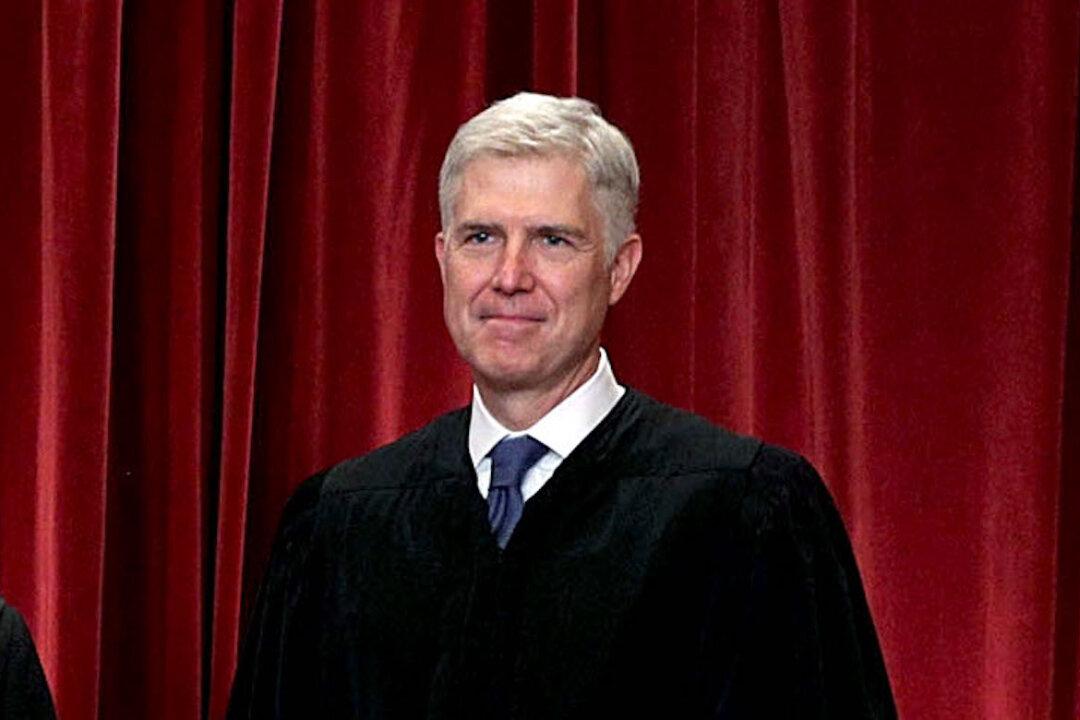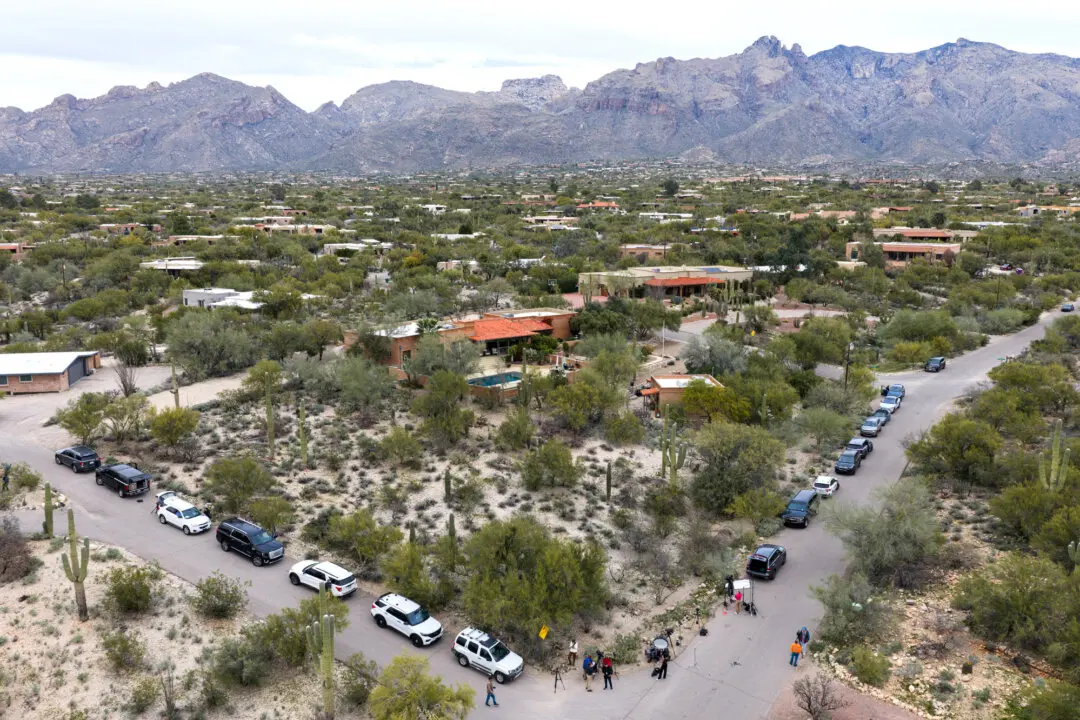U.S. Supreme Court Justice Neil Gorsuch wrote Friday that foreign adversaries could merely replace Chinese-owned TikTok with a similar app to surveil Americans, as the high court ruled to uphold a ban on the social media platform from app stores.
The forthcoming Trump administration will have to decide on whether to keep the ban intact. It goes into effect on Jan. 19.





